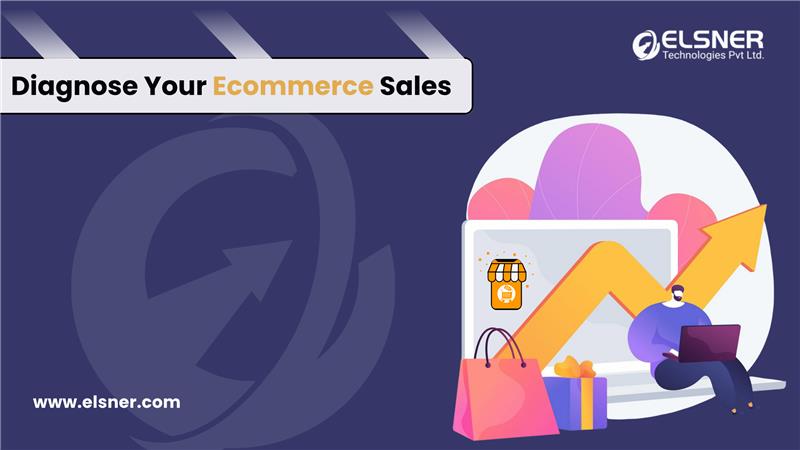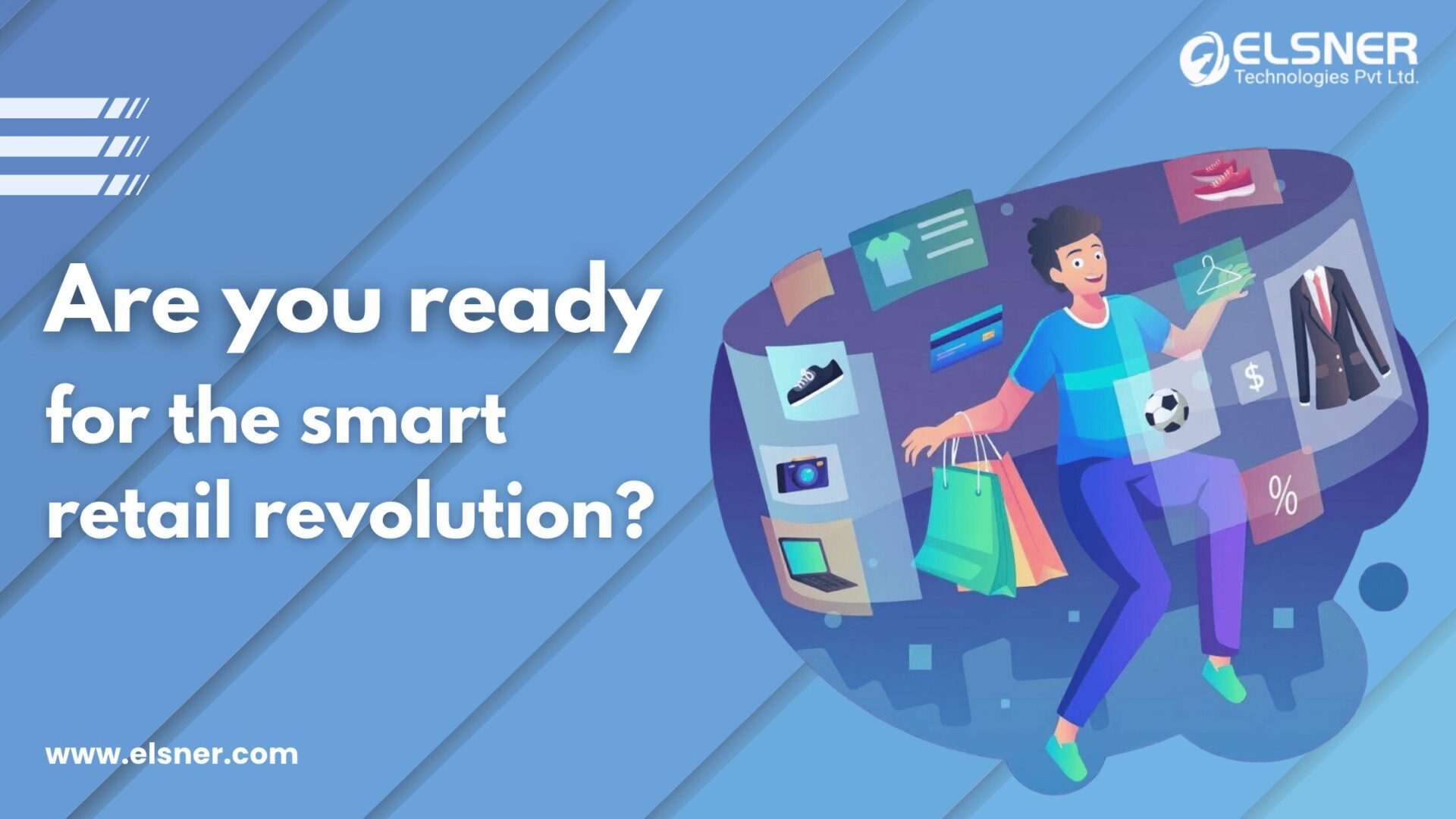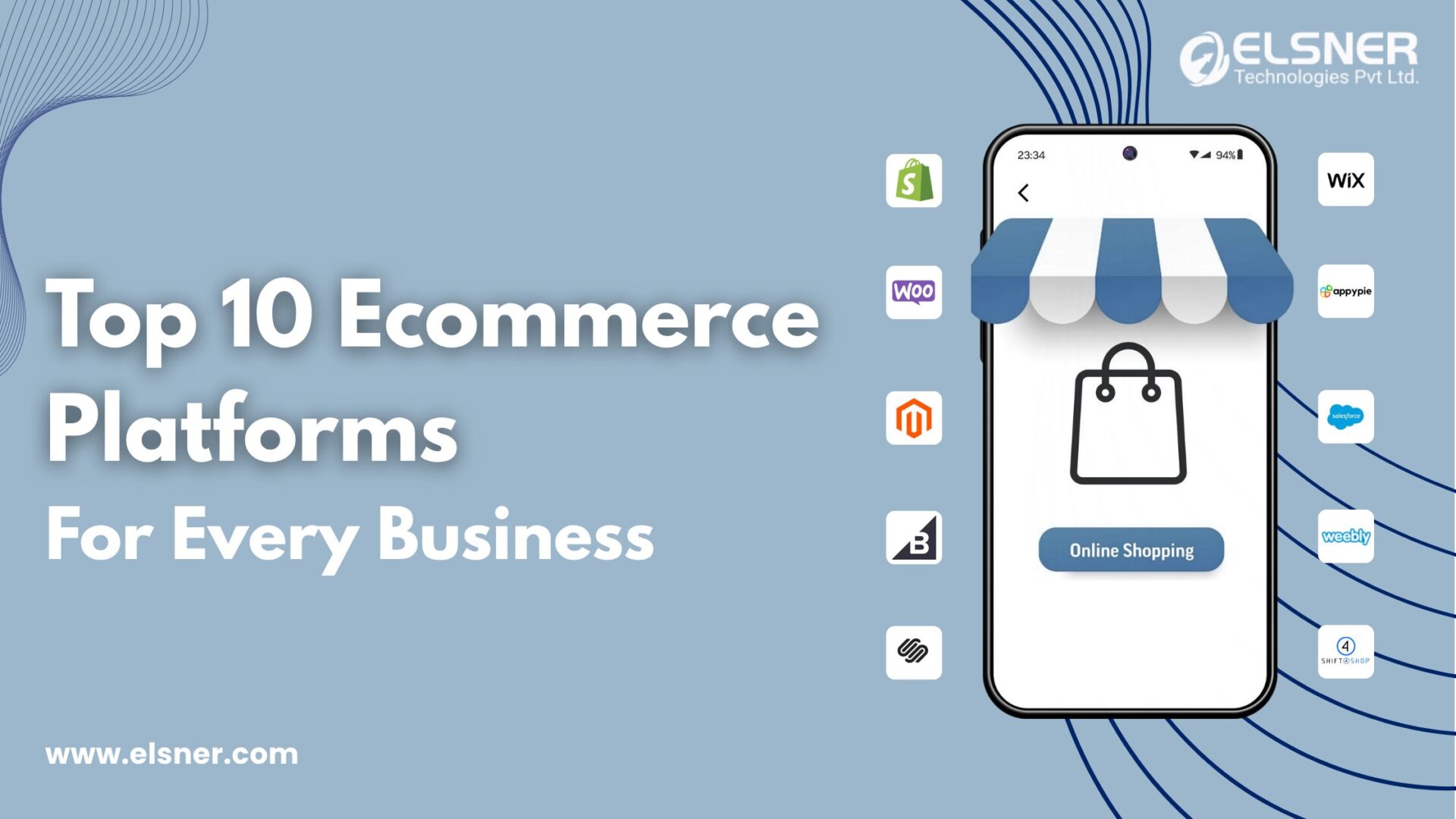- What is the Importance of Digital Commerce?
- What are the Benefits of Digital Commerce?
- One can expand internationally with ease
- One can manage a variety of brand
- One can provide a better customer experience
- One can meet their customers
- The Seven Key Trends in Digital Commerce
- 1. Content and Omnichannel eCommerce
- 2. The Key to a personalized experience is customer data
- 3. Headless eCommerce
- 4. Dynamic Architecture
- 5. Authentic Intelligence
- 6. Marketplace for Ecommerce
- 7. Digital First
Digital commerce is the act of making purchases online without the involvement of a human.
Although the distinction is minor, eCommerce would be considered digital commerce if every aspect of the business were entirely automated, from product delivery to marketing and sales.
Even while complete automation may seem far-fetched, some of the biggest retail companies in the world have already started using this technique.
What is the Importance of Digital Commerce?
[Image Source: https://bit.ly/3Q35XNj]
The way consumers engage with brands and retailers has changed in the B2B, B2C, and D2C spheres. The entire customer experience is now covered by digital commerce, inaugurating a new era of interaction between businesses and customers in both physical and digital settings.
Digital commerce is the term for the online purchasing and selling of goods. Anywhere you have WiFi access, including your smartphone, TV, refrigerator, or iPad, you can conduct business online using various connections like social media, Livestream shopping, and other services.
Digital commerce encompasses multiple platforms beyond just an online shop where items are kept, and payments are made. Everything from conventional eCommerce to customized content is involved. Aim for an integrated approach to the customer journey and a unified purchase experience if you want to succeed in digital commerce today.
What are the Benefits of Digital Commerce?
One can expand internationally with ease
Reaching consumers worldwide is easier to manage and more cost-effective with digital commerce. If you intend to grow worldwide, you must get ready for the logistics of doing business internationally. Even though many consumers purchase goods from foreign retailers, they anticipate inexpensive or free delivery that arrives quickly.
One can manage a variety of brand
With digital commerce, people can manage many brands simultaneously. You can collect product information in one area, easily reuse assets, and provide memorable experiences to the correct audience based on targeted data with the proper eCommerce development solution.
One can provide a better customer experience
A better digital shopping experience would make nearly half of consumers spend extra. Additionally, if they had a bad experience, this same group of clients would not make another purchase from the same company.
Therefore, it’s critical to get a thorough grasp of the experience that your clients require. To enhance the total experience, concentrate on the entire client journey, identify the obstacles, and use customer data.
If handled properly, digital commerce can produce priceless customer data. One can deliver a more individualized experience across all channels by utilizing consumer data. Customer data enables businesses to increase sales by attracting new clients, cultivating a sense of loyalty among current clients, and more.
One can meet their customers
One can connect with customers everywhere with a digital commerce strategy.
This may be a timely SMS message promoting a new product delivered to customers while riding the train for their morning commute. It can aid a new mother by providing practical advice and highlighting must-have items from your online store. This strategy allows you to interact with customers in novel ways, regardless of what you sell. You are welcomed into your customers’ homes and regular lives to provide them with intensely targeted, ongoing experiences.
The Seven Key Trends in Digital Commerce
Digital commerce trends change quickly. In the upcoming year, look for the important trends listed below.
1. Content and Omnichannel eCommerce
Although terms like “omnichannel” come and go, for us, they always refer to a smooth change from one channel to another. Enhancing brand awareness and supporting a consistent customer experience across channels are supported by developing and delivering the right message at the right time and place.
The experience should be the same whether clients contact you over a social network messenger, through an app, or in person. You can also fully comprehend your clients this way through cross-channel analytics.
This also entails bringing together all teams inside your organization to collaborate on a digital-first strategy. The emphasis should be on digital platforms in all areas, including sales, marketing, and warehouse management. Moreover, it includes offering your teams to use a mockup generator or other software that will boost communication between designers and developers.
2. The Key to a personalized experience is customer data
Now is the time to use client data if your company hasn’t already. When interacting with brands, customers demand a customized experience. Analyzing consumer behaviour in-depth will help you better understand your target audience.
While digital commerce enables brands to understand more about their consumers than ever, this information is only as useful as your company’s capacity for analysis and adaptation. Utilize sophisticated Phone Systems to gather real-time customer feedback and preferences and amplify your company’s ability to translate data into actionable insights.
3. Headless eCommerce
It might be time for a change if you feel that your eCommerce platform isn’t expanding with your company or, worse, is preventing expansion.
The term “headless eCommerce” describes the idea that the frontend presentation layer, also known as the “head,” of a website is distinct from the backend, often known as the “body.” A simple application programming interface (API) facilitates the systems’ communication ability.
With headless e-commerce, the front end may get updates and adjustments without affecting the back end. You can easily reach your customers with consistent, timely, and relevant content experiences across all touchpoints.
4. Dynamic Architecture
Dynamic Architecture expands on the headless idea by creating an entire e-commerce system out of “Dynamic” building elements that function as a single entity.
The dynamic architecture allows one to select and modify the best-in-class tools and capabilities to meet your business demands. The lightweight, adaptable concept completely satisfies the changing requirements of a contemporary e-commerce company.
5. Authentic Intelligence
Advanced analysis, logic-based techniques, and machine learning are all used in artificial intelligence (AI) to assist and automate decisions, define events, and carry out actions. One can utilize AI in an e-commerce solution for site search optimization, product suggestions, and tailoring the customer trip.
6. Marketplace for Ecommerce
An online marketplace gives clients the ease of a one-stop shop and the opportunity to benefit from the greatest deals. If you want to increase your online presence you must need to use Facebook, as it is the great space for online marketplace. If you schedule Facebook posts in advance using a social media management tool you an get higher audience reach online.
There are many benefits to including an online marketplace as one of your sales channels, including the potential to reach global markets with moderate overhead expenditures, a relevant audience, and online visibility.
7. Digital First
By 2023, digital will impact 58% of retail sales. Businesses must adopt a digital-first strategy. Digital-first refers to integrating your digital strategy into your customers’ interactions with your business.
Conclusion:
Digital commerce encompasses multiple platforms beyond just an online shop where items are kept, and payments are made. Everything from conventional eCommerce to customized content is involved. Aim for an integrated approach to the customer journey and a unified purchase experience if you want to succeed in digital commerce today. Elsner Digital Commerce Practice provides end-to-end services to revolutionize how businesses interact with, conduct business with, and provide customer care in today’s multi-channel environment.




